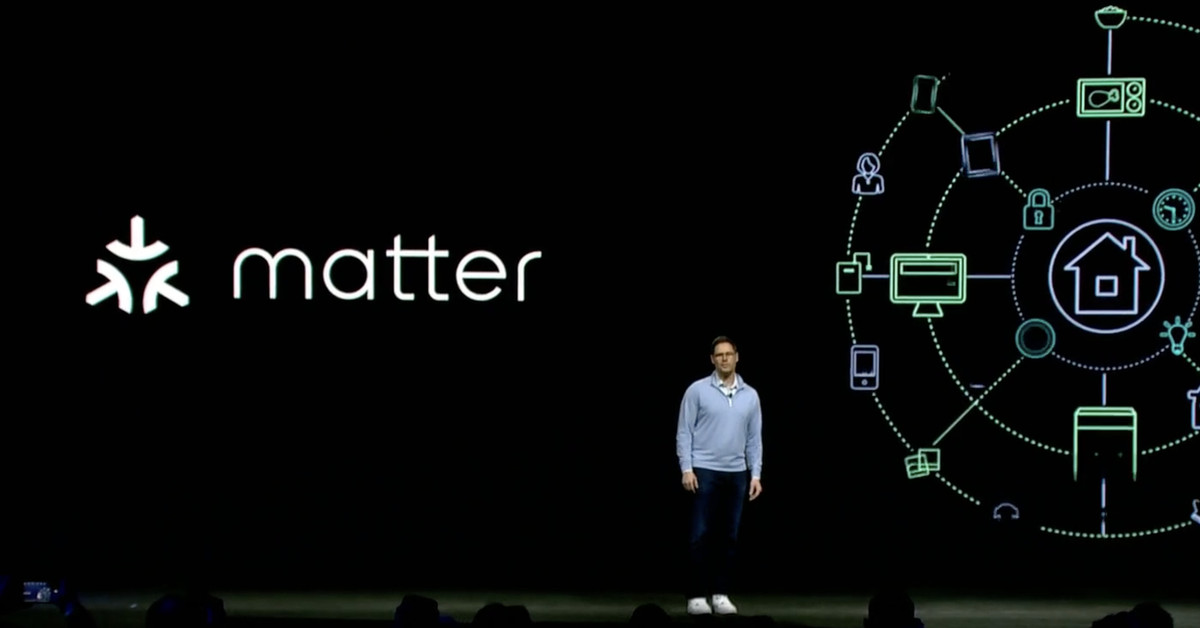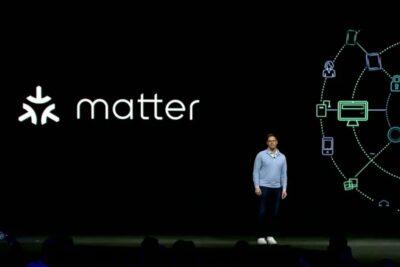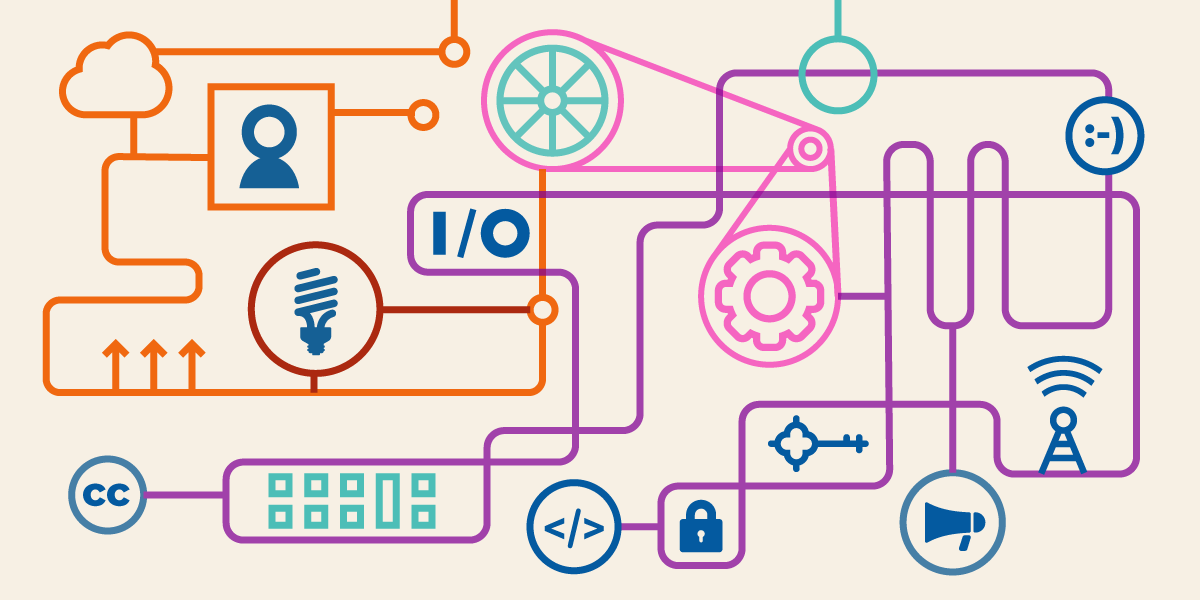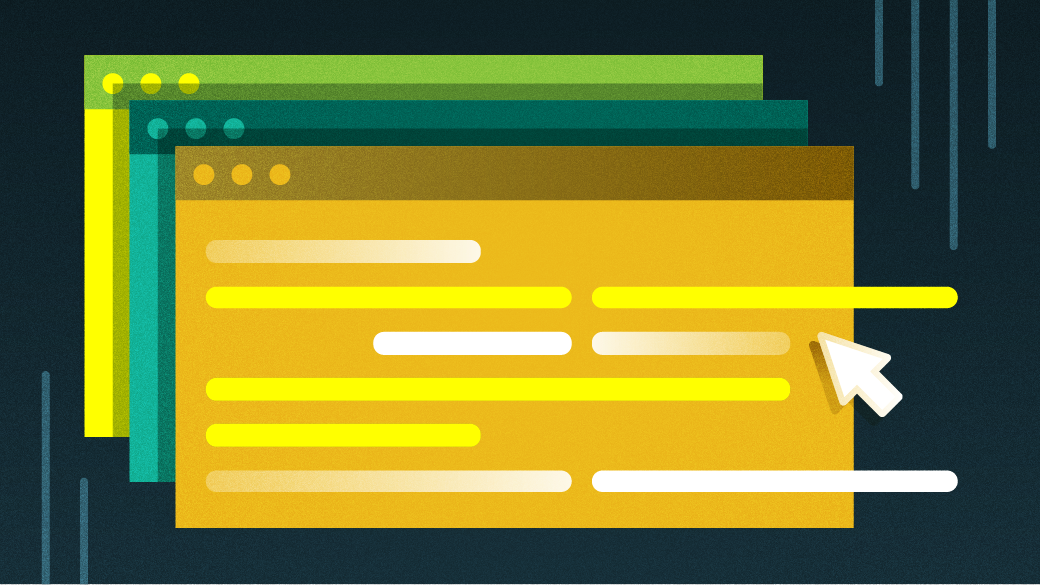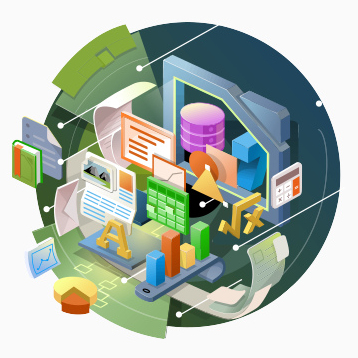Matter was a major star at CES 2022, but can it maintain its shine? The soon-to-be smart home standard gained momentum in Las Vegas
Two years ago, on the floor of CES 2020, there was a lot of buzz about a chip — not the latest AMD or Intel announcement, but a new alliance of major tech companies that called itself Project Connected Home over IP, or CHIP for short. Its promise was to develop an open-source smart home standard that would make every connected home device work together, simply and securely, regardless of who made them.
In all, close to 30 companies showcased their involvement and / or pledged their support for the new smart home standard backed by Apple, Google, Amazon, Samsung, and others. Many of whom represent a broader slice of the industry — Tuya Smart, an IoT development platform service provider based in China that supports over 446,000 developers with over 1,100 smart home products, said it will support Matter. We also saw a number of new products debut with Thread, one of the main protocols of Matter.
This issue of upgradability of existing devices is still an area Matter has largely skirted and one that it really needs to address. But, based on many of the announcements coming out of CES this week, it is looking increasingly like creating a Matter smart home is going to require users buying a fair number of new gadgets. As Mitch Klein of the Z-Wave Alliance told me late last year, “We can’t leave devices behind, or this whole program won’t work. The idea that everyone has to throw everything out and start again is just not going to work.”
See https://www.theverge.com/2022/1/8/22872311/matter-smart-home-ces-2022
#smarthome #technology #interoperability #matter
#Blog, ##gadgets, ##interoperability, ##smarthome, ##technology
